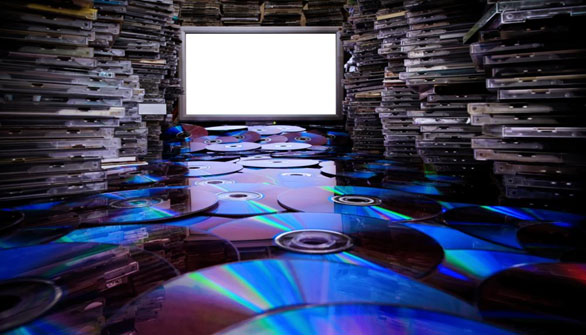Blog
- home
- Blog

The History of Music Ripping
The term ripping refers to the extraction of digital
contents from an electronic container. This slightly unusual term originated
from Amiga games and it meant that music files could be ripped out of any Amiga
computer console game.
Later on, the term became popular and it was also used to define
the extraction of MP3 or WAV format files from audio CDs.
There is no actual ripping involved in the process, and the
data is not damaged after extraction. The CD and the new files remain safe and they
can be reused once the ripping process is complete.
Music ripping is used to shift formats, edit, duplicate and back
up media content. The term rip is used for the extracted content in its
destination folder. It is also used to include accompanying files, such as the
metadata, the log file, or the cue sheet that may be generated during the
process.
CD Rippers
A CD ripper, CD extractor or CD grabber, is the software
that can convert tracks on your compact disc to your desired computer sound
file. The more common sound formats include WAV and MP3 while FLAC is the format
used by professional music CD ripping outfits. If done correctly, a CD ripper
will convert the raw digital audio found on your compact disc to a computer
file.
Here, it is important to understand that ripping the
contents out of a digital container is quite different from copying the entire container
altogether. This is because the copying software does not check for metadata
links or file encryption.
A Historical Perspective
Back in the 90s, CD-ROM drives used audio compression
mechanisms such as MP2 and other software to rip CDs. This was widely considered
to be extremely undesirable by the music industry. A music CD could be
seamlessly ripped, and the music distributed on the internet. This meant that
the original creators of the music were deprived of their share of the profits that
resulted from CD sales.
As technology outpaced protection efforts, most publishers
become much more open to the idea that people who bought their music should be
able to rip or copy it for their own personal use.
As of now, Windows Media Player (WMP) has default settings
that add copy protection measures to most ripped music files. WMP comes with a standard
disclaimer that states that the end-user is responsible for any legal
violations.
However, most audiophiles and other music lovers are only
interested in storing music on their portable music devices and memory sticks
so that they could enjoy it on the go. This is why this disclaimer applies only
to people who intend to distribute music commercially.
Conclusion
We at Progressive
Labs have some of the best facilities and software around to ensure the
most accurate rips of your CD collection. Just give us a call and we will do
the rest!
